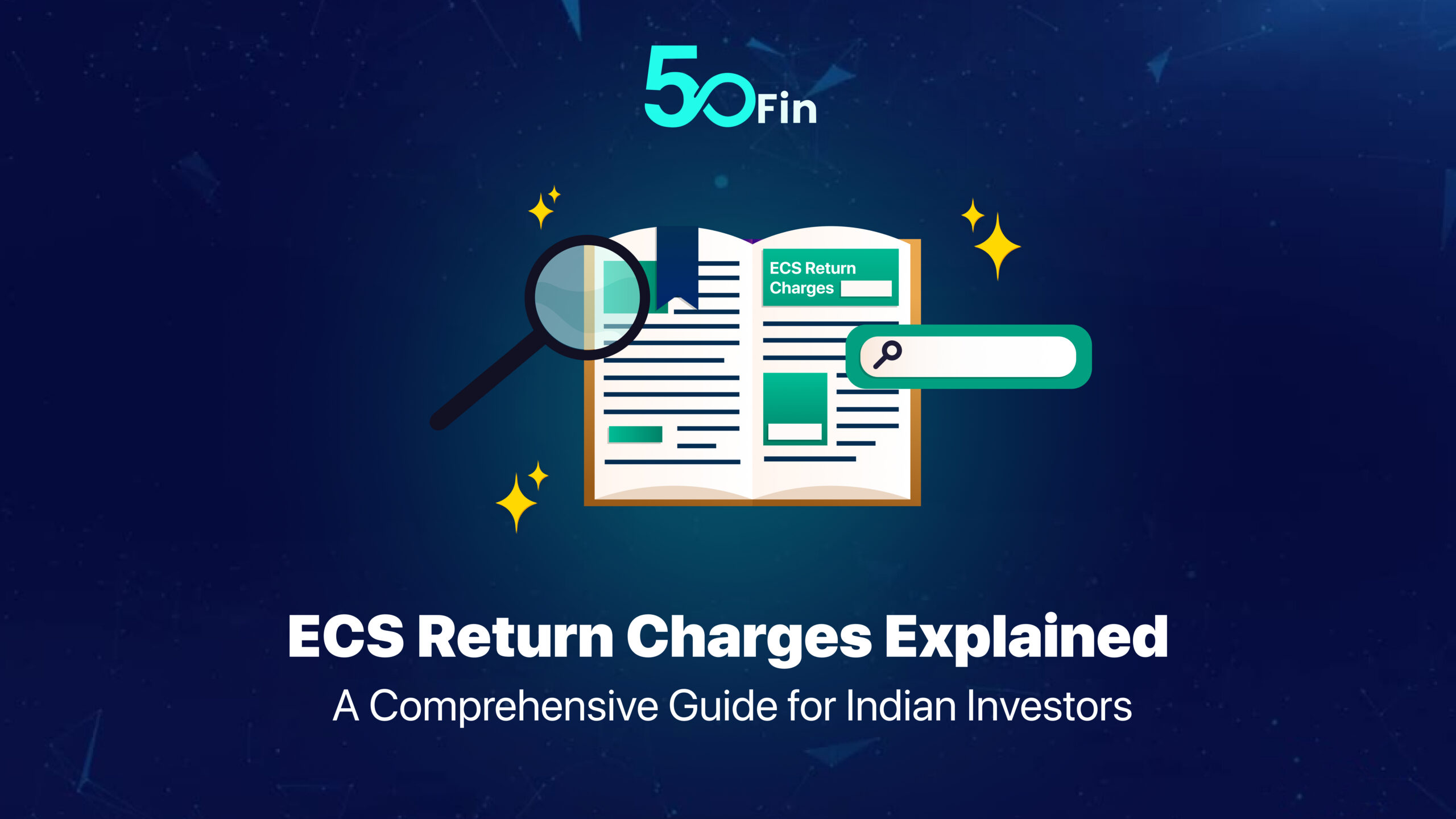
Understanding the Impact of Interest Rates on Loans
Introduction
Interest rates are one of the most important factors that affect the cost and affordability of loans. In this blog post, we will break down the impact of interest rates on loan repayments, and discuss some tips and tricks on how to deal with different types of interest rates and secure lower interest rates for your loans.
What are interest rates and how do they work?
Interest rates are the percentage of the loan amount that the lender charges the borrower for the use of their money. Interest rates are usually expressed as an annual percentage rate (APR), which is the total cost of borrowing per year, including interest and fees.
Interest rates are determined by various factors, such as the supply and demand of money, the inflation rate, the creditworthiness of the borrower, the type and duration of the loan, and the monetary policy of the central bank.
Interest rates can be either fixed or variable. Fixed interest rates are set at the beginning of the loan and do not change throughout the loan term. Variable interest rates can change over time, depending on the market condition.
How do interest rates affect loan repayments?
Interest rates have a direct impact on the amount and frequency of loan repayments. The higher the interest rate, the higher the amount of interest that the borrower has to pay, and the lower the amount of principal that the borrower can pay off with each payment. This means that the borrower will have to make more payments or larger payments to repay the loan in full.
The impact of interest rates on loan repayments can be illustrated by using an online loan calculator. For example, suppose you borrow Rs. 10,000 for 5 years at a fixed interest rate of 10%. Your monthly payment will be Rs. 212.47, and your total interest paid will be Rs. 2,748.23. However, if the interest rate is 15%, your monthly payment will be Rs. 237.90, and your total interest paid will be Rs. 4,274.01. That is an increase of Rs. 25.43 in monthly payment and Rs. 1,525.78 in total interest.
The impact of interest rates on loan repayments can also vary depending on whether the interest rate is fixed or variable. With a fixed interest rate, the borrower knows exactly how much they have to pay each month and how much interest they will pay over the loan term. With a variable interest rate, the borrower’s monthly payment and total interest can change depending on how the interest rate fluctuates. This can make the loan repayment more unpredictable and risky, especially if the interest rate rises significantly.
How to secure lower interest rates for your loans?
Lower interest rates can help you save money on interest and pay off your loan faster. Therefore, it is important to know how to secure lower interest rates for your loans. Here are some tips and tricks that can help you achieve this goal:
Improve your credit score: Your credit score is a measure of your creditworthiness and financial history. Lenders use your credit score to assess your risk level and determine your interest rate. The higher your credit score, the lower your interest rate. Therefore, you should try to improve your credit score by paying your bills on time, keeping your credit utilization low, avoiding hard inquiries, and disputing any errors on your credit report.
Shop around and compare offers: Different lenders may offer different interest rates and terms for the same type of loan. Therefore, you should shop around and compare offers from multiple lenders before you apply for a loan. You can use online tools and platforms, such as paisabazaar, to compare loan options and rates from various lenders. You can also negotiate with lenders and ask for a lower interest rate or better terms if you have a good credit score, a stable income, or a valuable collateral.
Choose a shorter loan term: The length of your loan term can also affect your interest rate. Generally, shorter loan terms have lower interest rates than longer loan terms, because the lender faces less risk and uncertainty. Therefore, you should choose a shorter loan term if you can afford the higher monthly payments. This can help you save money on interest and pay off your loan faster.
Opt for a fixed interest rate: If you prefer stability and predictability over flexibility and risk, you may want to opt for a fixed interest rate over a variable interest rate. A fixed interest rate can protect you from rising interest rates and help you plan your budget and loan repayment more easily. However, you should also be aware that a fixed interest rate may be higher than a variable interest rate at the beginning of the loan, and you may miss out on the opportunity to benefit from falling interest rates.
What are the long-term effects of interest on the overall cost of a loan?
Interest is the cost of borrowing money, and it can have a significant impact on the overall cost of a loan. The longer you take to repay a loan, the more interest you will pay, and the more expensive the loan will become. Therefore, it is important to understand the long-term effects of interest on the overall cost of a loan, and how to minimize them.
One way to measure the long-term effects of interest on the overall cost of a loan is to use the concept of total cost of borrowing (TCB). TCB is the sum of all the payments that the borrower makes to the lender over the loan term, including interest and fees. TCB can be calculated by multiplying the monthly payment by the number of payments, or by using the following formula:
TCB = Loan Amount x (1 + Interest Rate / Compounding Frequency) ^ (Compounding Frequency x Loan Term) – Loan Amount
For example, suppose you borrow Rs. 10,000 for 5 years at a fixed interest rate of 10%, compounded monthly. Your monthly payment will be Rs.212.47, and your TCB will be:
TCB = Rs. 10,000 x (1 + 0.1 / 12) ^ (12 x 5) – Rs. 10,000 TCB = Rs. 12,748.23
This means that you will pay rS. 2,748.23 in interest and fees over the loan term, which is 27.48% of the loan amount.
To minimize the long-term effects of interest on the overall cost of a loan, you should try to secure a lower interest rate, choose a shorter loan term, and make extra payments whenever possible. These strategies can help you reduce the amount of interest you pay and pay off your loan faster.
Conclusion
Interest rates are a crucial factor that affects the cost and affordability of loans. By understanding how interest rates work and how they affect loan repayments, you can make better financial decisions and save money on interest. We hope this blog post has helped you understand the impact of interest rates on loans, and how to secure lower interest rates for your loans. Thank you for reading and happy borrowing!
FAQs
My credit score isn't great, what are some ways I can still qualify for a loan with a good interest rate?
While a high credit score helps secure lower rates, there are options! Consider building credit with secured cards or cosigning with someone who has good credit. Explore lenders specializing in bad credit loans, but be mindful of potential high rates and fees.
Is it ever better to choose a variable interest rate loan?
Variable rates can be risky if they rise significantly. However, if you expect rates to fall or have a short loan term, they might be advantageous. Carefully consider your risk tolerance and the loan’s purpose before deciding.
Are there any hidden fees or charges I should be aware of besides the interest rate?
Absolutely! Lenders may charge origination fees, processing fees, prepayment penalties, and more. Always read the loan agreement thoroughly and factor in all costs before signing.
I'm already making my monthly payments, but can I do anything to pay off my loan faster?
Making extra payments is a great way to save on interest and shorten your loan term. Consider putting any windfalls or tax refunds towards your loan principal. Even small increases in monthly payments can make a big difference.
Get FREE Eligibility Report
Instantly check your eligibility for Loan Against Mutual Funds
- No Minimum CIBIL Required
- 100% Digital
- 4 Working hour disbursal
Looking for Loan Against Stocks?
Recent Articles
This comprehensive guide covers everything you need to know about loans against mutual funds in India, including benefits, eligibility criteria, interest rates, risks, the application process, and frequently asked questions.
This guide provides a comprehensive view of NSE and BSE stock market holidays for 2025, highlighting opportunities for long weekends and essential details for every trader. Use this resource to check if the Indian stock market is open today, plan for share market holidays tomorrow, or get insights into market closures throughout the year.
For Indian investors and borrowers, understanding ECS return charges and learning how to avoid them is crucial. This comprehensive guide covers everything you need to know



